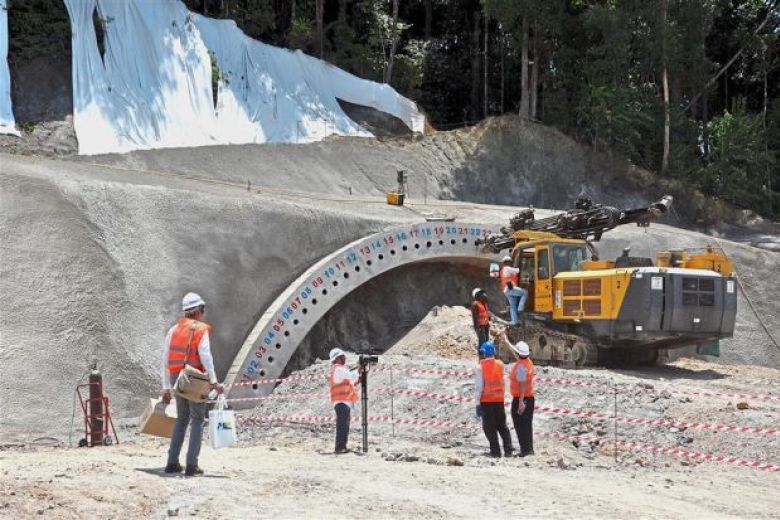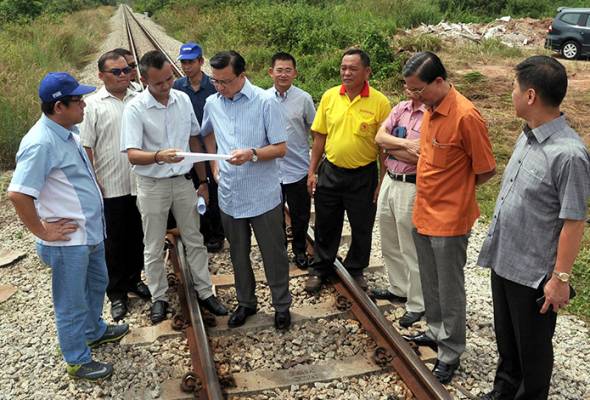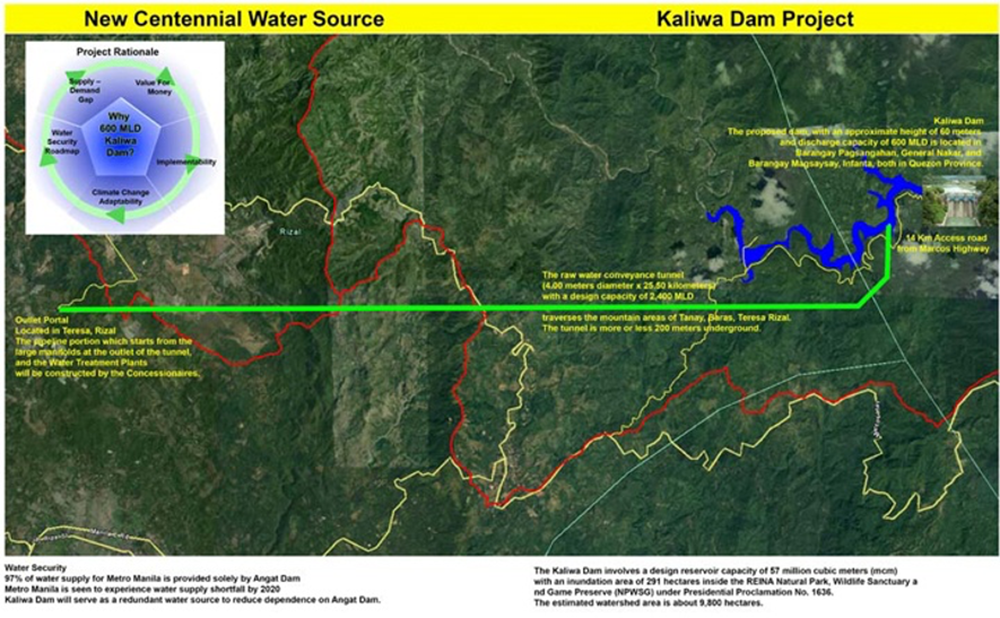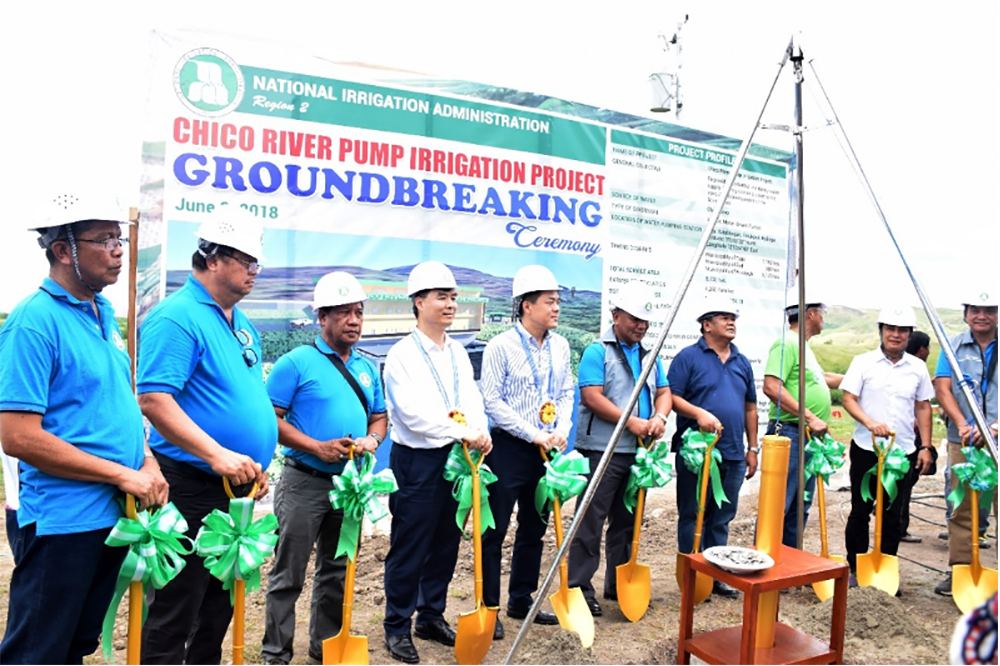BRI Case Study

East Coast Railway Link (ECRL)
The East Coast Rail Link (ECRL) is a proposed railway infrastructure project spanning 640km that would facilitate transport connection between the East Coast of Peninsular Malaysia to its West Coast. The railway will be used for both passenger and freight transportation, cutting passenger travel time by approximately 4-5 hours. The project also aims to spur growth and development of the industrial, commercial and tourism sectors along the ECRL corridor.

Gemas-Johor Bahru Electrified Double Track Project
The Gemas Johor Electrified double track project currently under construction by the Malaysian Ministry of Transport (MOT) at an expected cost of RM8.9 billion. The Ministry of Transport awarded the contract to a Chinese consortium, CRCC-CREC-CCCC Consortium Sdn. Bhd., which consists of China Railway Construction Corporation Ltd (CRCC), China Railway Engineering Corporation (CREC) and China Communications Construction Company Ltd (CCCC) under an ownership breakdown of 40:30:30. A local consortium consisting of SIPP Rail Sdn Bhd & Syarikat Pembenaan Yeoh Tiong Lay Sdn Bhd has also been appointed as the main subcontractor for the project works.

Kumul Submarine Cable Network Project (KSCNP)
The Kumul Submarine Cable Network Project (KSCNP) is a project to establish submarine optic cable of 5,475 kilometres linking fifteen (15) coastal provinces within Papua New Guinea (PNG). It is the second component of the bigger Coral Sea Cable Project which aimed at increasing information sharing and strengthening existing bilateral relations between Australia and PNG.

Letpadaung Copper Mine Project
The Letpadaung Copper Mine Project is a Sino-Burmese joint venture project between Myanmar Wanbao Mining Company Ltd. (MWMCL), military-owned Myanmar Economic Holdings Ltd. (MEHL) and a state-owned enterprise, Mining Enterprise No. 1 (ME-1) of the Ministry of Natural Resources and Environmental Conservation (MoNREC). It aims to fulfil domestic raw material for mineral resources and promote export of the same which will encourage the development of heavy industries leading to long-term national development.

The New Centennial Water Source-Kaliwa Dam Project (NCWS-KDP)
The New Centennial Water Source-Kaliwa Dam Project (NCWS-KDP) is listed as one of the banner projects under the ‘Build, Build, Build’ program. It aims to supply 600 million liters of water per day and benefit some 17.46 million people or about 3.49 million households of Metro Manila, Rizal and Quezon to reduce the current 97% dependence on the Angat Dam. The said dam is located in the municipalities of General Nakar and Infanta in the province of Quezon and the municipality of Teresa in the province of Rizal.

Chico River Pump Irrigation Project (CRPIP)
The Chico River Pump Irrigation Project (CRPIP) is the first flagship project under the “Build, Build, Build” (BBB) program of the Duterte administration.The CRPIP was conceptualized to provide ample and stable water supply to 8,700 hectares of agricultural land, through the construction of new diversion and canal systems. It is targeted to increase agricultural productivity and benefit 4,300 farmers in 21 barangays from the municipalities of Tuao and Piat in the province of Cagayan and Pinukpuk in the province of Kalinga. The project is worth P4.372 billion (or about USD87 million).

The Tatay River Hydropower Dam
The Tatay River Hydropower Dam project is the sixth hydropower dam financed by China in Cambodia. The 246-megawatt Tatay River HydroPower dam is located in MoBang District, Koh Kong Province in western Cambodia. The project is owned by Cambodian Tatay Hydropower Limited and began full operation in December 2015. When the Build-Operate-Transfer (BOT) agreement for the project was signed in 2008, it was projected to begin construction in 2009 and to commence commercial operation by 2013 with a projected cost of $505 million. Upon the project’s inauguration, it was the largest investment project by a Chinese state enterprise in Cambodia to date.

DITO Telecommunity (DITO)
DITO Telecommunity Corporation (DITO) was formerly known as Mindanao Islamic Telephone Company (Mislatel). DITO is a joint-venture company of Udenna Corporation, Chelsea Logistics, and Infrastructure Holdings Corp. (Chelsea), and China Telecommunications Corporation. Ownership is divided on a 35-25-40 percent basis, respectively. In July 2018, 2019, NTC, a certificate of Public Convenience and Necessity (CPCN), was granted to the company which makes it the newest major telecommunications provider in the Philippines.





